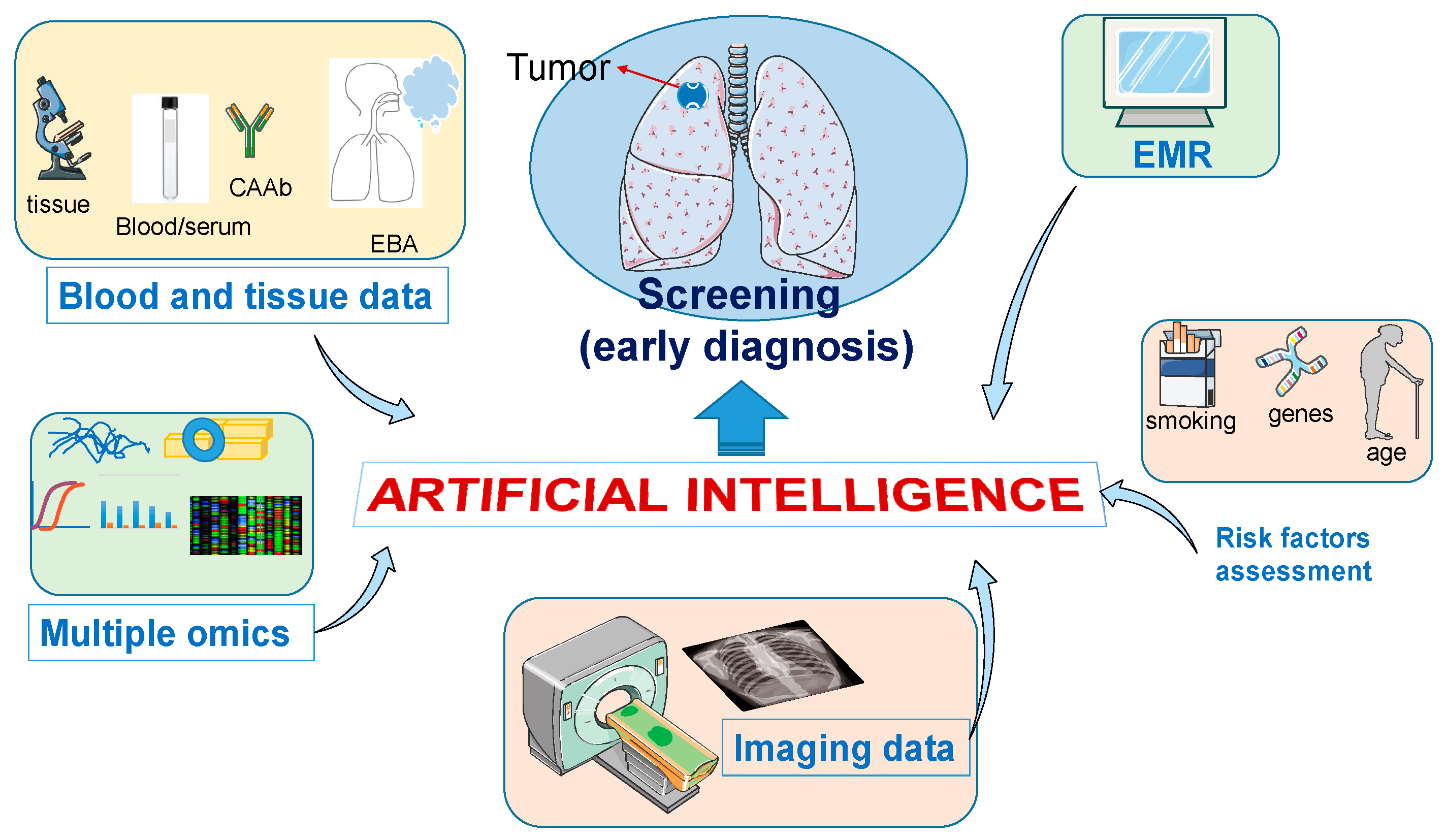
AI Revolutionizes Cancer Diagnosis with Precision and EfficiencyAI Revolutionizes Cancer Diagnosis with Precision and Efficiency In the relentless fight against cancer, artificial intelligence (AI) has emerged as a groundbreaking tool that is revolutionizing cancer diagnosis. By leveraging advanced algorithms, AI systems are unlocking new possibilities for detecting and identifying cancer with unprecedented precision and efficiency. One key aspect of AI’s contribution is its ability to analyze vast amounts of medical data. Through machine learning, AI systems can identify patterns and correlations in patient records, radiology scans, and genomic data that human experts might miss. This enables earlier and more accurate cancer detection, even in cases where traditional methods fail. For instance, AI algorithms can analyze digital pathology images of biopsies with remarkable accuracy. They can pinpoint subtle features that indicate the presence of cancer cells, automating the tedious and time-consuming task of manual examination. This leads to reduced diagnostic errors and faster diagnoses. AI is also revolutionizing the analysis of medical imaging. In the field of radiology, AI algorithms can assist radiologists in detecting and classifying tumors with greater precision. By leveraging deep learning techniques, AI systems can identify complex patterns in scans, such as subtle changes in tissue texture or density. This results in improved tumor detection and characterization, leading to more informed treatment decisions. Moreover, AI-powered genomic analysis plays a crucial role in precision cancer medicine. By analyzing genomic data, AI algorithms can identify genetic mutations and other genomic alterations that drive tumor growth. This knowledge allows clinicians to tailor treatments to the specific genetic profile of each patient’s cancer, maximizing treatment effectiveness and minimizing side effects. In addition to its diagnostic prowess, AI is also transforming the efficiency of cancer diagnosis. By automating routine tasks and integrating with electronic health records, AI systems streamline the diagnostic process, reducing turnaround times and improving patient access to care. This can be particularly beneficial in remote or underserved areas where access to traditional diagnostic services is limited. The integration of AI into cancer diagnosis is not without its challenges. Careful validation and clinical trials are essential to ensure the accuracy and reliability of AI algorithms. Additionally, concerns over privacy and data security must be addressed to ensure that patient data is handled ethically and responsibly. Despite these challenges, AI holds immense promise for the future of cancer diagnosis. By providing clinicians with advanced tools to detect and identify cancer with greater precision and efficiency, AI is paving the way for improved patient care, faster diagnoses, and more effective treatments. As the field continues to advance, the impact of AI on cancer diagnosis will only grow, ultimately benefiting countless patients worldwide.
Posted inNews